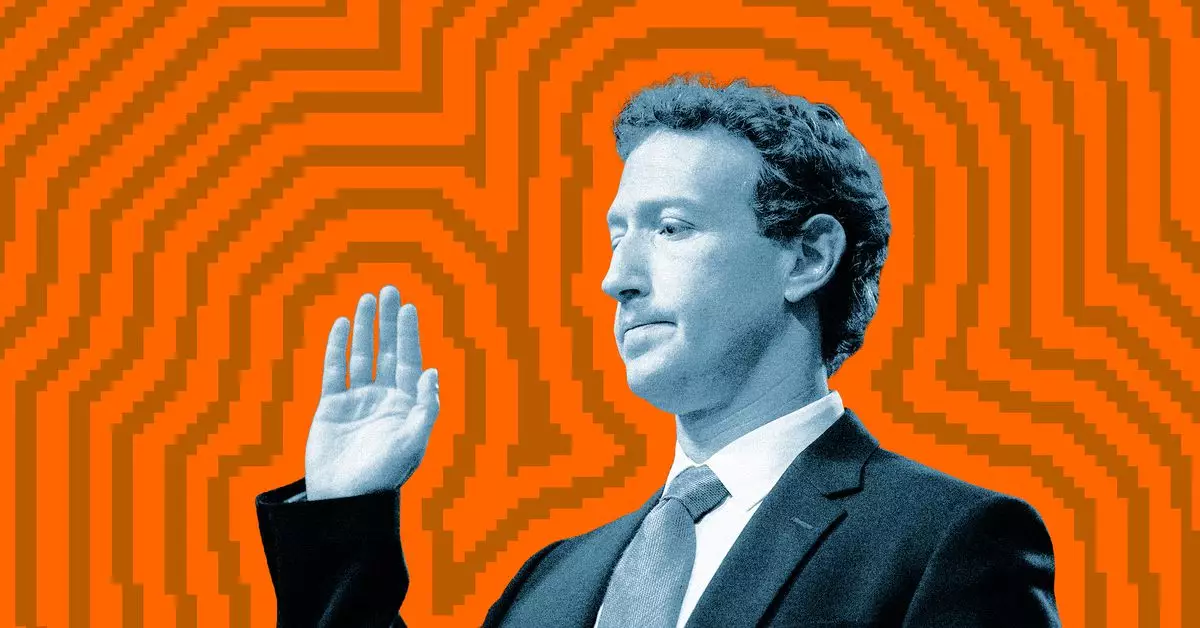In the rapidly evolving landscape of technology, the relationship between tech executives and political figures is increasingly scrutinized. One such notable interaction occurred recently when Mark Zuckerberg, the CEO of Meta, dined with President-elect Donald Trump at Mar-a-Lago. This meeting has sparked conversations about the implications for innovation in America and the ethical responsibilities of tech leaders.
The dinner between Zuckerberg and Trump illustrates the complex dynamics at play in the intersection of technology and governance. Meta’s spokesperson, Andy Stone, emphasized the meeting’s relevance, calling it an “important time for the future of American innovation.” This statement hints at the growing significance of fostering relationships between influential tech figures and policymakers. As the tech industry continues to reshape societal norms and economic structures, dialogues like these can carve pathways for collaboration—or confrontation.
The backdrop of this meeting is particularly telling; Zuckerberg has faced intense scrutiny and criticism regarding Facebook’s role in the tumultuous 2020 presidential election. Many have accused the platform of contributing to misinformation and election interference, leading to broader discussions about corporate accountability. By meeting with a polarizing political figure, Zuckerberg risks exacerbating these tensions, highlighting the often fraught relationship between tech companies and public trust.
The Ethical Quandaries of Tech Leadership
Zuckerberg’s interactions with political actors raise pressing ethical questions about the responsibilities of tech leaders. Critics have expressed a strong desire for accountability, with some even going so far as to demand legal repercussions for Zuckerberg due to Facebook’s alleged mishandling of information and its influence on electoral processes. This reflects a growing sentiment that tech companies—often viewed as gatekeepers of information—must operate with a sense of social responsibility, especially when their platforms wield significant influence over democratic processes.
Tech innovators like Zuckerberg possess immense power, yet they often find themselves in precarious positions where their decisions can have far-reaching effects on society. Drifting too close to political figures can generate distrust among users who worry that platforms may favor certain agendas over others, compromising neutrality.
As we consider the implications of Zuckerberg’s dinner with Trump, it is essential to reflect on the future trajectory of technology in relation to governance. The ongoing dialogue surrounding regulation, ethical compliance, and corporate responsibility is likely to intensify. With the potential for regulation looming over the tech industry, the necessity for transparency and open dialogue between tech leaders and policymakers has never been more crucial.
The interplay between technology and politics is fraught with complexities, particularly in the current climate where trust is paramount. The outcome of meetings like the one between Zuckerberg and Trump could shape the narrative of tech’s role in society, for better or worse. As the world watches, one thing remains clear: the stakes are high, and the responsibility lies with both tech executives and political leaders to navigate these waters thoughtfully.


Leave a Reply